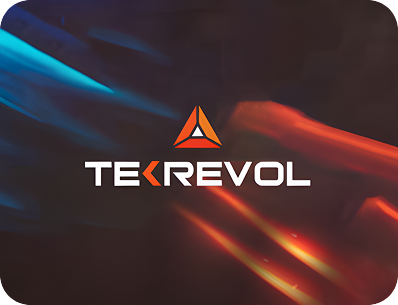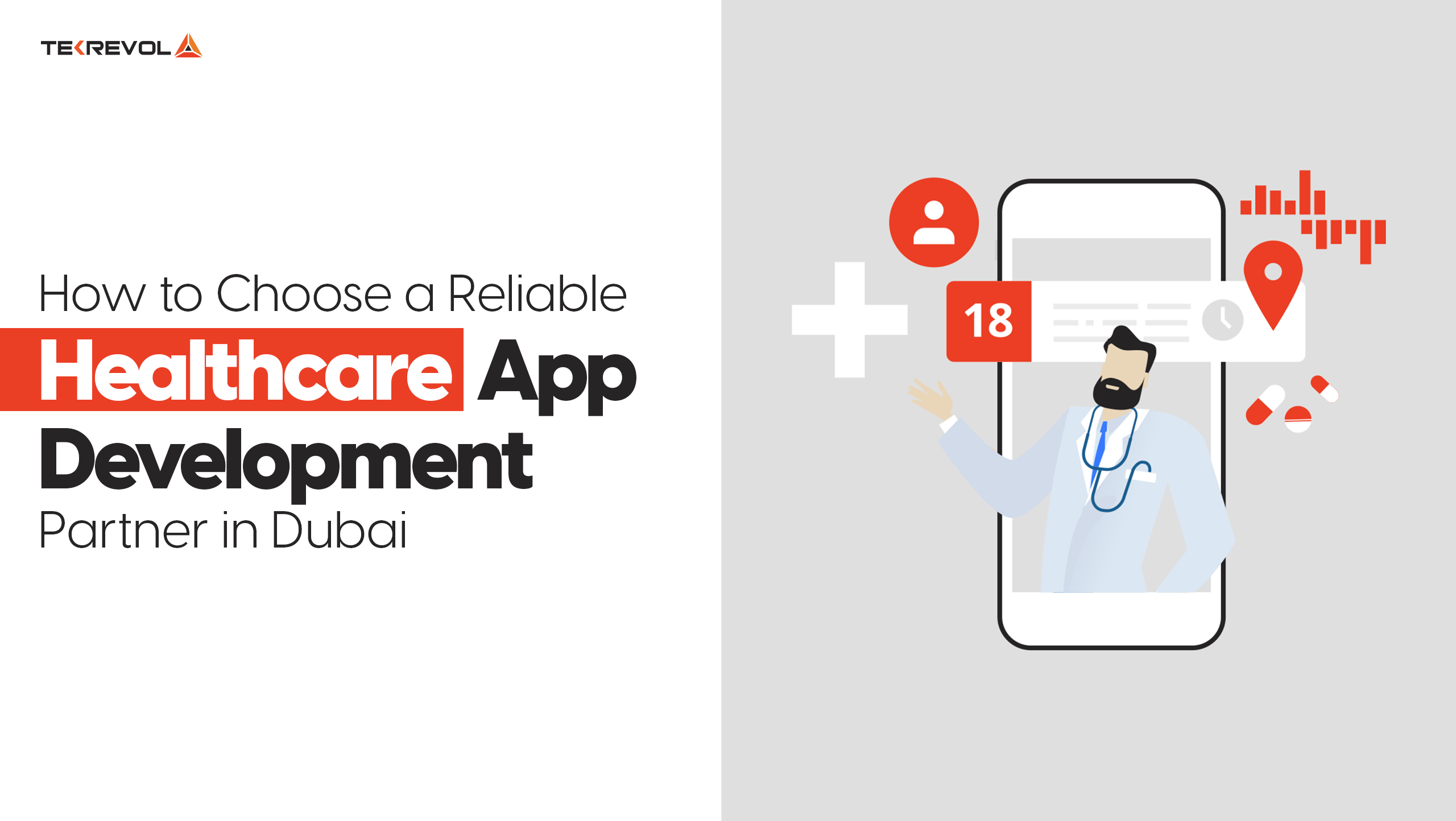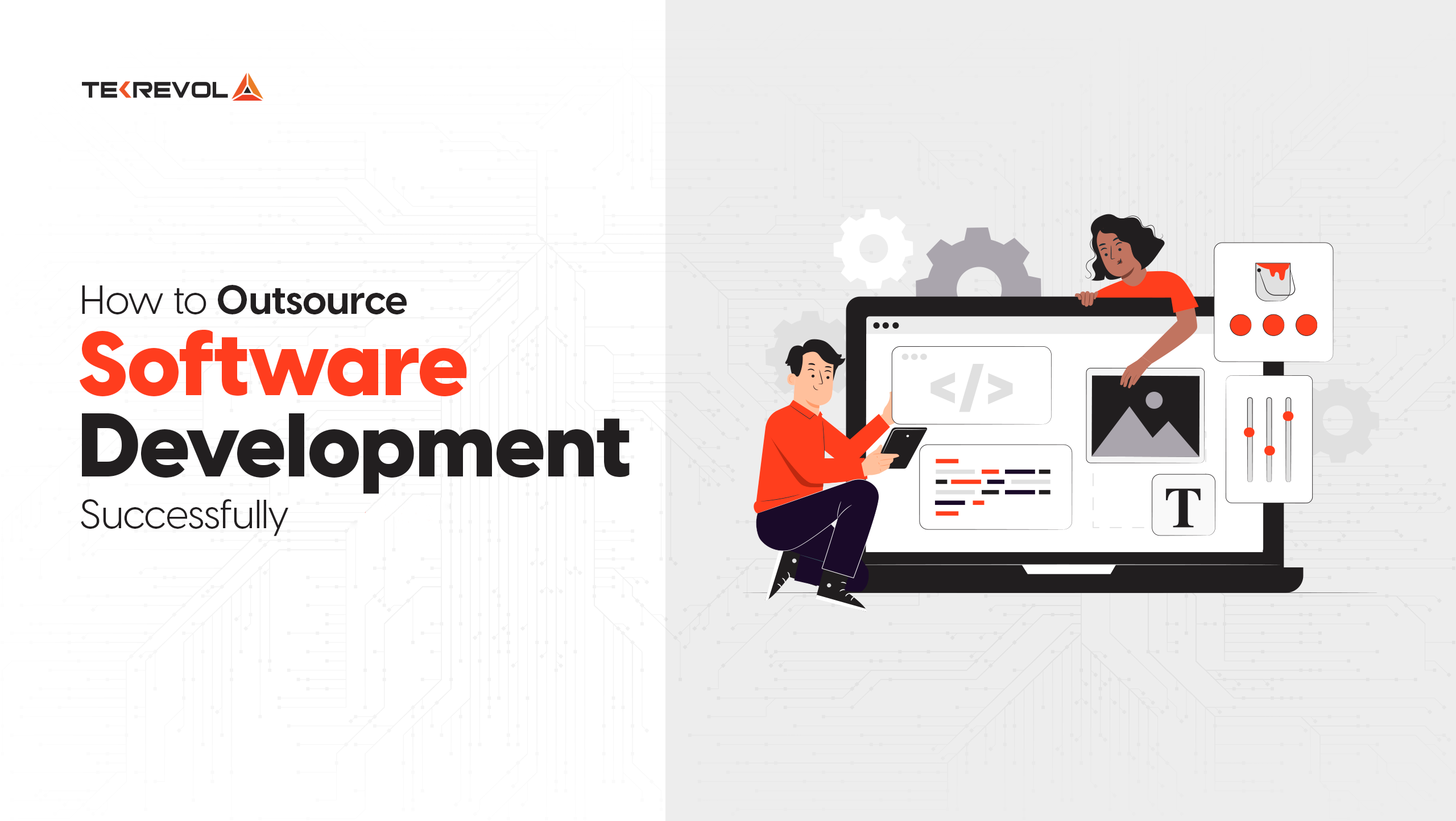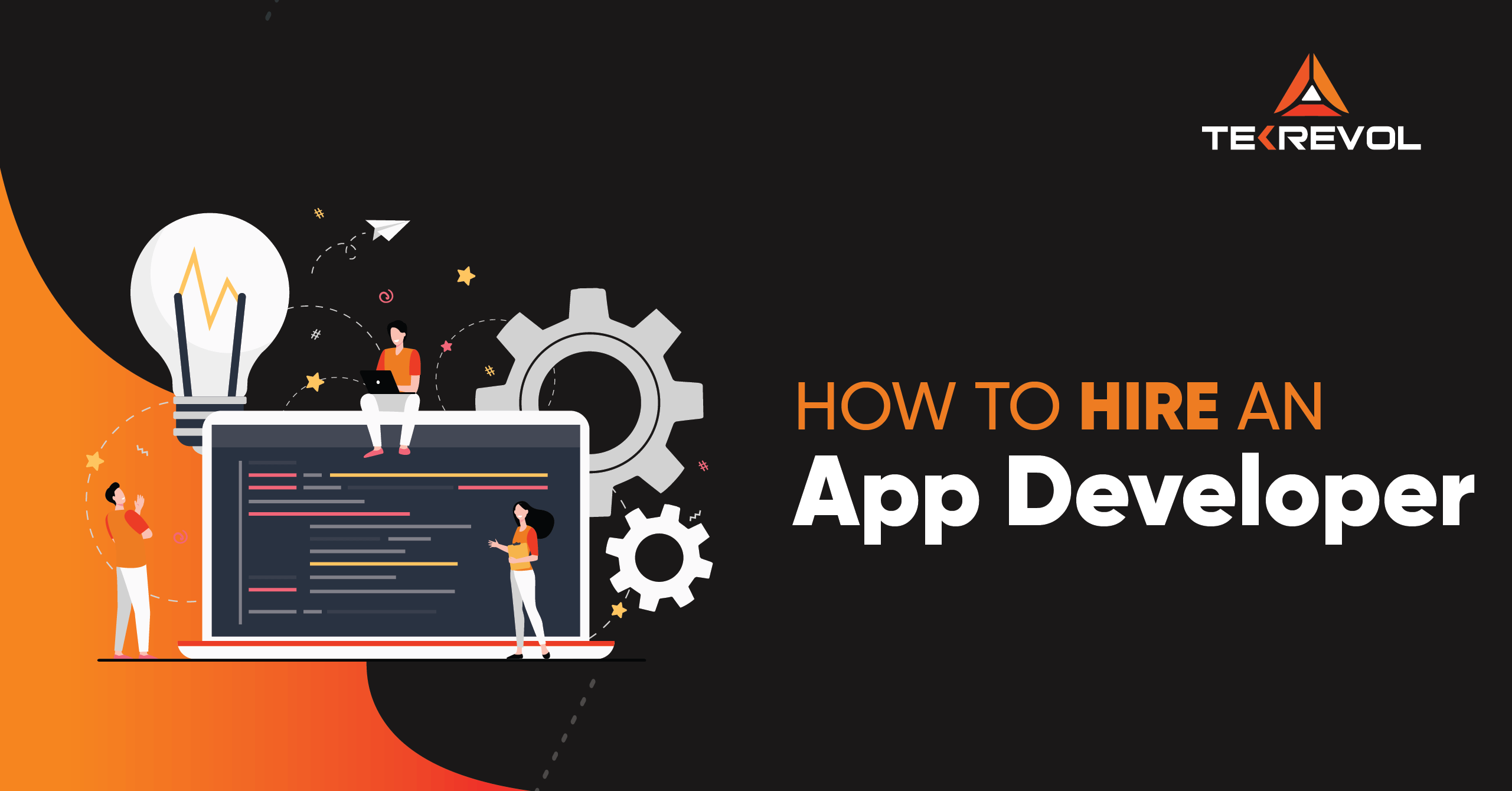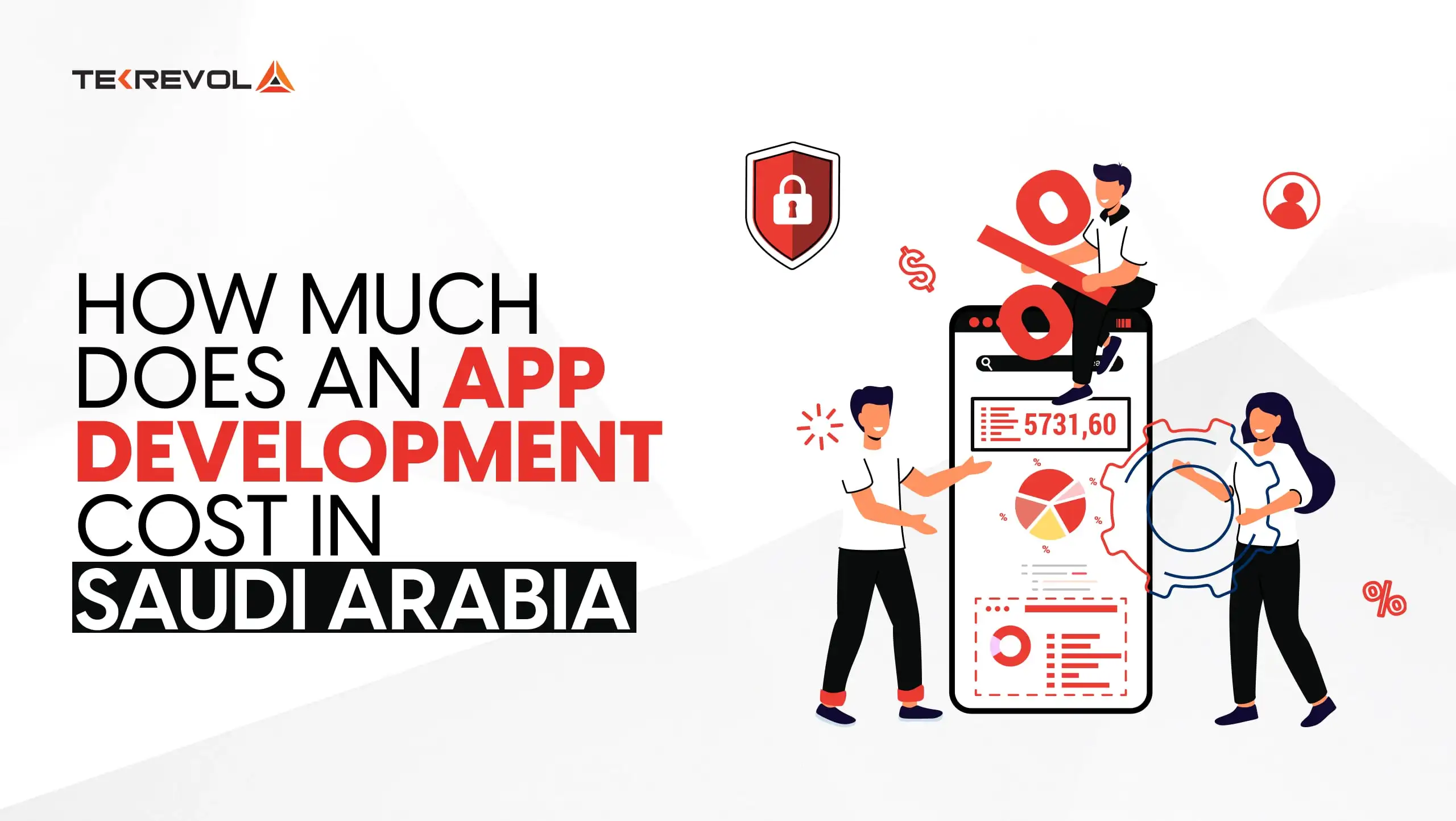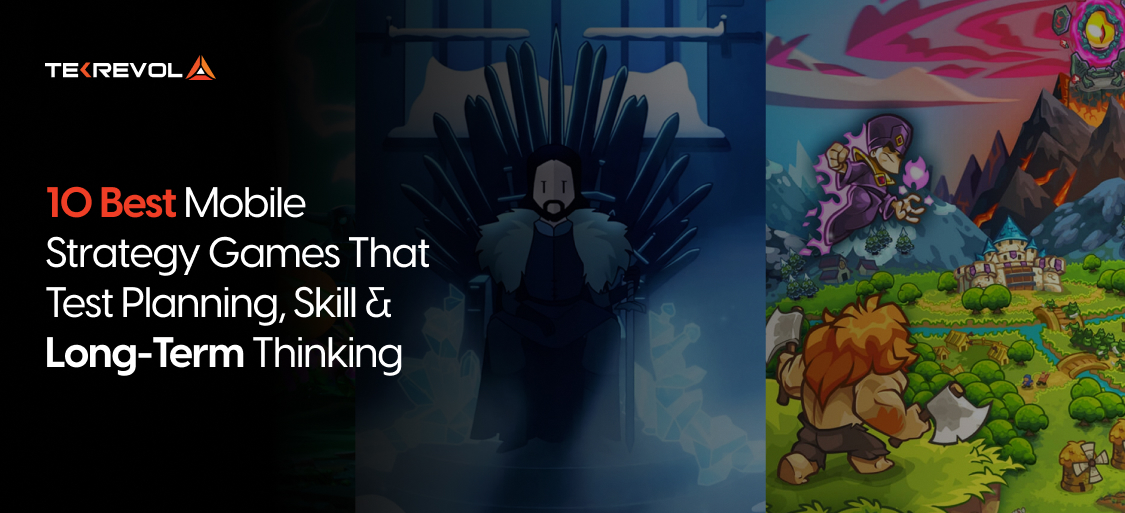This blog is a comprehensive guide for entrepreneurs on how to build an ecommerce app from scratch.
Starting a side hustle has become mandatory to escape the corporate rat race and retire in your early 30s.
There are hundreds of side hustle ideas to make passive income, like starting a blog, becoming an affiliate partner, and even teaching languages online.
However, not every side hustle is created equal!
Some require putting in extra effort, like 2 – 4 hours a day, while others literally make money while you sleep.
The first types are easy to start and good for fresh grads as they require little to no investment. The second type, like building an ecommerce store, is highly profitable, but you need capital investment and external help to get started.
This blog is a detailed guide on how to build an ecommerce app from scratch in 2024. It covers everything from choosing the tech stack for ecommerce app development to cost and development trends in the ecommerce industry.
So without further ado, let’s get started!
How to Build an Ecommerce App in 2024 – A Detailed Guide
Market Research & Analysis
Dive deep into your target audience, and explore their pain points, interests, and purchasing behavior. Analyze your competitors and determine your niche, positioning, and unique selling proposition. Your market research and analysis will set the foundation to build scalable, sustainable, and profitable ecommerce app businesses.
Define App Scope
The first step in building an ecommerce app requires you to narrow down your niche and define the app scope and core functionalities.
There are three main types of ecommerce apps
B2B Ecommerce App
- Walmart
- Alibaba
B2C Ecommerce App
- Amazon
- Ali Express
C2C Ecommerce App
- eBay
- Craigslist
You need to decide what kind of ecommerce app you want depending on your target audience and the market competitiveness.
Choose Technology Stack
There are various technology stacks that can be used for ecommerce app development, depending on your requirements, budget, and expertise. Here are some popular technology stacks that are commonly used:

MEAN Stack (MongoDB, ExpressJS, AngularJS, NodeJS)
MEAN stack is an open-source technology stack that is widely used for building scalable, dynamic, and feature-rich ecommerce applications. It consists of four main components: MongoDB for database management, ExpressJS for server-side web application development, AngularJS for client-side web application development, and NodeJS for server-side JavaScript execution.
LAMP Stack (Linux, Apache, MySQL, PHP)
LAMP stack is another popular technology stack for ecommerce app development. It consists of Linux as the operating system, Apache as the web server, MySQL as the database management system, and PHP as the programming language. LAMP stack is known for its stability, security, and scalability.
MERN Stack (MongoDB, ExpressJS, ReactJS, NodeJS)
MERN stack is similar to the MEAN stack, except that it uses ReactJS instead of AngularJS for client-side web application development. ReactJS is a popular JavaScript library for building user interfaces and is known for its flexibility and performance.
Ruby on Rails
Ruby on Rails is a popular web application framework known for its simplicity, elegance, and productivity. It offers a comprehensive suite of libraries for building ecommerce applications quickly and efficiently.
Django
Django is a high-level web application framework known for unmatched scalability, security, and speed. With python as its programming language, Django offers an all-inclusive suite for building ecommerce applications, including database management, URL routing, template rendering, and more.
Design & Development
Design and development are critical phases when building an ecommerce app from scratch. The design phase involves creating an intuitive user interface (UI) and user experience (UX) design that engages and guides the user through the app, ultimately establishing your brand identity and boosting customer loyalty.
In contrast, the development phase focuses on implementing the app’s functionality, integrating payment gateways, and other third-party tools, with an emphasis on choosing the right development approach and technology stack to ensure optimal performance and the ability to handle high traffic volumes.
While backend development prioritizes security, scalability, and efficiency, front-end development is responsible for creating a captivating user experience.
Deployment & Post Launch
Deployment and post-launch strategies are crucial in building an ecommerce app that is scalable and successful. A comprehensive deployment plan ensures a smooth launch, taking into account factors such as server requirements, data migration, and testing.
Once the app is live, post-launch strategies, including analytics and user feedback, can help identify areas for improvement and optimize performance. It is important to prioritize ongoing maintenance and updates to keep the app secure and up-to-date with changing technology trends.
By focusing on effective deployment and post-launch strategies, you can ensure that your ecommerce app is well-received by customers and delivers long-term value.
How to Scale Your Ecommerce App Business Faster?
So now you have built your ecommerce app. What’s next?
How will you monetize it to break even the ecommerce app development cost?
How will you turn your ecommerce app into a money-making business on autopilot?
And most importantly, how will you get ahead of the competition and become the go-to ecommerce app within your niche?
Well, don’t get overwhelmed, we have got you covered!
Below is a list of all the tools and platforms you will need to scale your ecommerce app business faster and turn it into autopilot mode:
For Ecommerce App Hosting
- Cloudways
- Bluehost
- Hostinger
For Ecommerce App Marketing
- Ahrefs – keyword research
- Klaviyo – email marketing
- Google Analytics
- Kissmetrics
- Hotjar
For Ecommerce Delivery Management
- ShippingEasy
- Shippo
- Sellbrite
- Shipstation
For Customer Relationship Management
- Zoho
- NetSuite
- Salesforce
For Ecommerce Payment
- PayPal
- Square
- Stripe
For Ecommerce Chat Support
- Talk. to
- Many Chat
- Live Person
Key Takeaways from the Best Ecommerce Apps in 2024
Below are the best ecommerce apps in 2024 along with their key features and USPs to help you get some inspiration for your ecommerce app.

Amazon
Amazon is the world’s largest B2C, C2C marketplace with over 200 million active users.
Key Features of Amazon
- Largest pool of global sellers
- Minimal user interface design
- Unparalleled customer service
- Shipment and return fulfillment
- Lowest price guaranteed
eBay
eBay is the largest C2C ecommerce marketplace with over 135 active users globally.
Key Features
- Live bids and auctions
- A variety of preloved products
- Low selling fees
- Intuitive interface design
- Branding opportunities for sellers
Walmart
Walmart is the world’s largest B2C retailer with over 2.2 million employees across 24 countries.
Key Features
- Competitive advantage in pricing
- Exceptional customer service
- Never-out-of-stock collection
- Everything from A to Z
Nike
Nike is the largest D2C athletic footwear and apparel brand with over 100 million consumers.
Key Features
- Influencer-driven brand
- Wow-worthy user interface
- Free shipping and returns
- Membership exclusive perks
- High-quality product details
Starbucks
Starbucks is the world’s largest coffee company with over 28 million members worldwide.
Key Features
- Membership exclusive perks
- Unceasing innovation and new products
- Unparalleled customer service
- Minimal user interface
- Gift cards and loyalty programs
Top Ecommerce App Development Trends in 2024

Gamification
Gamification is a trend that has been gaining traction for quite some time now and is set to continue to do so in the future. By introducing game-like features and mechanics to the shopping experience, ecommerce businesses can boost customer engagement, encourage loyalty, and increase sales. Gamification can take many forms, including reward systems, progress bars, leaderboards, and mini-games that offer prizes or discounts.
3D
3D technology has come a long way, and it is now possible to create highly realistic 3D models of products that customers can interact with in real-time. This technology can be used to enhance the customer experience, allowing them to view products from all angles, zoom in and out, and even see how they would look in their own homes. 3D technology can also be used to create immersive virtual shopping experiences that mimic the experience of shopping in a physical store.
Machine Learning & AI
Machine learning and AI are set to play a significant role in ecommerce app development in the coming years. By leveraging these technologies, ecommerce businesses can offer personalized recommendations, optimize pricing strategies, improve customer service, and streamline supply chain management. With machine learning and AI, ecommerce businesses can gain valuable insights into customer behavior and preferences, enabling them to make data-driven decisions.
Augmented Reality
Augmented reality is a technology that overlays digital content in the real world, creating an immersive experience for the user. In ecommerce, this technology can be used to allow customers to virtually try on clothing, see how furniture would look in their home, or even test out makeup. By providing customers with a more realistic shopping experience, ecommerce businesses can boost customer confidence and drive sales.
AI-Driven Chatbots
Chatbots have become an integral part of many ecommerce businesses, allowing customers to get quick answers to their questions and providing 24/7 support. However, the use of AI is set to take chatbots to the next level, with businesses able to offer personalized recommendations, track customer behavior, and even use natural language processing to improve communication.
Hassle-Free Payments
Finally, hassle-free payments are set to become an essential part of ecommerce app development in the coming years. With the rise of mobile payments and the increasing popularity of cryptocurrencies, ecommerce businesses need to offer a wide range of payment options to meet customer demands. By making payments as simple and seamless as possible, ecommerce businesses can reduce cart abandonment rates and boost customer satisfaction.
Partner With an Ecommerce App Development Company
The ecommerce platforms like Shopify and WooCommerce make ecommerce app development relatively simpler and cost-effective. However, these platforms have limitations and work well only for static, low-feature ecommerce apps.
Hiring an ecommerce app development company gives you endless options to customize your app accordingly and explore the exceptional features and functionalities unavailable on these theme-based ecommerce app builders.
- TekRevol is a Trusted Name in Ecommerce App Development
- Let's get in touch for a free consultation and get a customized project roadmap to convert your app idea into a scalable and sustainable app


